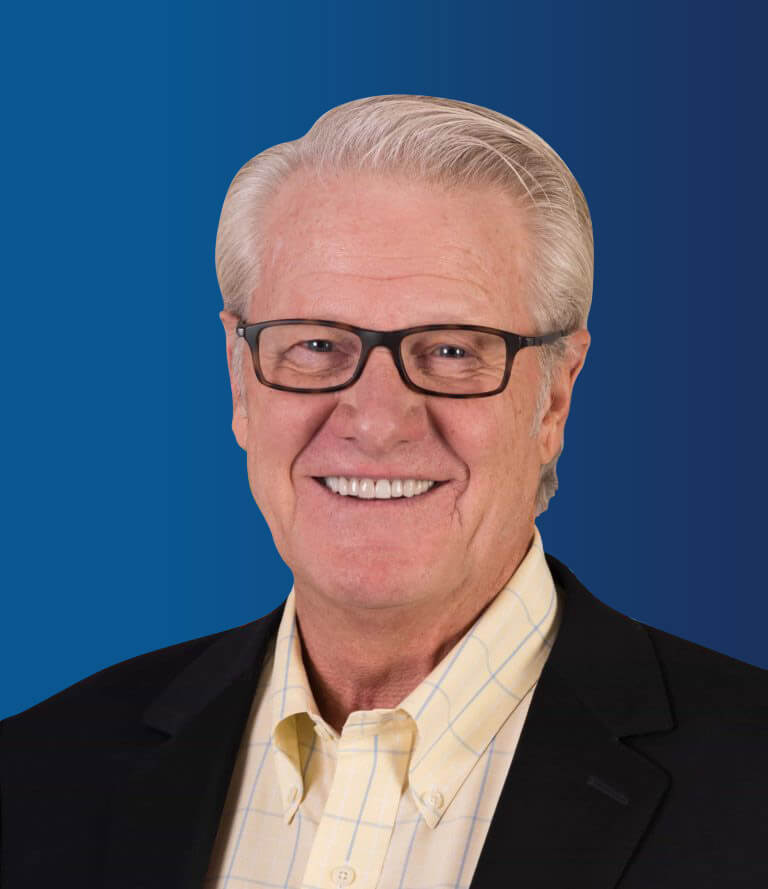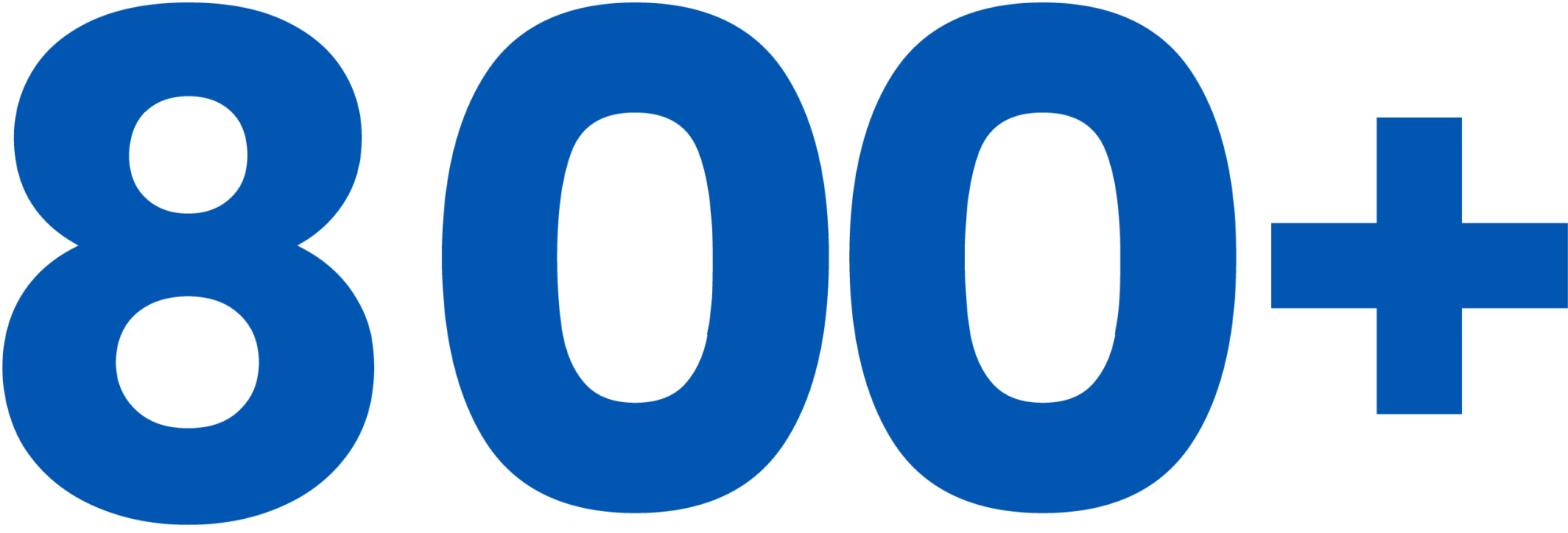Bill Erickson’s Amazon Best-Selling Book


Bill Erickson, co-founder of Workforce Science Associates, introduces his new book on empowering individuals and organizations to realize the power of elite performance through workforce engagement.
“Erickson is a thought leader in how to identify and nurture the talents of people and maximize their performance.”
“Replaces management myths with common sense and uncommon science.”
“The secret to great leadership…what conventional management gets wrong…”
Avoid the most common mistakes made by new leaders. Choose to listen to the first part of an audio interview of Bill Erickson, Amazon Best Seller, by Kevin Kruse, founder of LeadX, read an article from Forbes on the secret to Great Leadership, or read the expert from Bill's article.


Having focused on teaching and coaching teams of people over the last fifty years, I guess I have reached the demographic segment that can claim wisdom. Truth is, I have been blessed by having mentors, friends and associates willing to share their wisdoms and insights with me. I have had the blessings of finding myself on extraordinary teams—sometimes even teams of my own making.
Read More_______________________________________________
There was a lot of time to think about things when I was growing up. As a farm boy in Southeast Nebraska, I spent a lot of time wandering through the fields, creek bottoms and plum thickets, as I figured out how things worked in the world. They were sojourns of a young boy, alone on the prairie, as my sister had succumbed to polio. It’s not that I was abandoned, or even ignored. In fact, I was much loved. It was just that my parents and family had their hands full.
And maybe it was that happenstance of circumstance that developed in me a need or yearning to understand people. I wanted badly to connect with people but, at that early age, I didn’t have the confidence to engage. I was and still am, to some extent, an anomaly—a social introvert. I think I really believed, even as a child, that if I could understand what makes people tick, and makes us who we are, then, I could know how to fit in, be liked, and maybe even gain influence.
Because I spent a lot of time alone growing up, I got used to analyzing things. Also, the circumstances that made my analytical introspection possible, caused me to be drawn to, and fascinated with other people. Truth is, I have always been drawn to teams—groups of people—working with each other. And because of my analytical bent, from my very first experiences with outside responsibilities, I was able to figure things out what made the team better.
Families are our first, and maybe, most impactful experience with a team. Families and tribes are issues of blood and bone, and they play a role in every genetic memory we have. Growing up, what we had in our lives and what we didn’t, usually explains a lot about how our innate personality evolves over time. And looking back at growing up in my family north of Ceresco Nebraska, some key aspects of my life can be explained. I was fortunate to be a part of a family that was truly an elite team. Everyone had a role to play, and everyone made each other better. Dad was the Team Leader, and even though he passed away four years ago, he is still my bedrock and my compass.
And after my solo walkabouts on the prairie, I was so happy to be with a team, that I didn’t have to be the superstar. And perhaps because of my older sister, my heroes have always been at least a bit unlikely. When seeing a sibling so afflicted, rise to greatness, it seemed natural that I became both a cheerleader, and coach for the underdogs and the disadvantaged.
I was nurtured by my childhood solitude to seek out teams of people—oftentimes unlikely teams—who make a difference in the world. I believe in teams. I believe in unlikely talent. I believe that, as teams and organizations, we can significantly add to the intellectual and moral equity of this world. And I’m so gratified when working with a team of often, unlikely heroes, that I still do not need to be the team’s superstar. Instead, I thrill at the amazing performances of unlikely champions as they carry each other to their own forms of greatness.
A teacher draws out the intelligence and understandings of the student and imparts information and sometimes knowledge. But a coach must go further. A coach must certainly know how to draw out the talents of their players and also must teach and train the player how to improve individually. A teacher’s competence is proven when an individual kid excels in life. But the coach’s competence isn’t proven until every kid on the team excels in the game of life, and they all excel to a greater degree together than they could have alone. Individuals can have great impact. Well-coached teams can change the world.
Having focused on teaching and coaching teams of people over the last fifty years, I guess I have reached the demographic segment that can claim wisdom. Truth is, I have been blessed by having mentors, friends and associates willing to share their wisdoms and insights with me. I have had the blessings of finding myself on extraordinary teams—sometimes even teams of my own making.
After forty years of trial, error, exploration and insight, I have learned about what is mission critical when trying to identify, select, position, and develop talent. Of equal importance, I have learned to distinguish between the mission critical and that which is merely interesting. This is a distinction that too frequently gets missed.
I have spent the last forty years doing ground-breaking, human-behavior research, building our own companies, and helping others build—even transform theirs. In doing so, I’ve determined that there are persistent workforce concepts that, despite they are commonly used and applied…are myths. The employment of these established concepts rarely work out, explaining at least in part, why so many great business ideas end up a failure. But the reality is, it’s very hard to change established behaviors—even if they don’t work. That is, until you have something better to take their place. And then, people can stop repeating old ideas that just don’t work, and frankly never have.
And that is why I wrote this book. I have created a playbook of sorts. And the plays have proven to work. Hopefully, with this playbook, you will be able to write your own—a playbook with better strategies and tactics than what you use now.
Perhaps by reading through my playbook, it will help you see things in people that you might have missed before. Maybe you will even see things in yourself that you have forgotten or that have escaped your attention. I want to help you combine the insights of a more intelligent behavioral science with better measurements for a whole new way of reacting to and investing in the people of your workforce. I want you and those you care most about to experience more success than you ever could have imagined.
So, I feel I have created one hell of a good playbook. And being the perennial teacher, I’d like to share it with others who believe in the power and wonder of people, and more so, believe in the almost magical performance of well-coached teams. It has not only worked for me in growing our companies, it will also work for you and yours if it rings true and you embrace it.
I have created a playbook that will help you lead and manage your people so they want to work harder, stay longer, and care more about your organization, its people and its customers. Perhaps most important, through this playbook, I offer you a discipline in how to think about your workforce and its people. This discipline, if applied, will help you find the best in each person, find the best person for each job, and make the best workplace for everyone. I’ve created this playbook, and you’re holding it in your hands right now. I can’t wait to see what you do with it!
